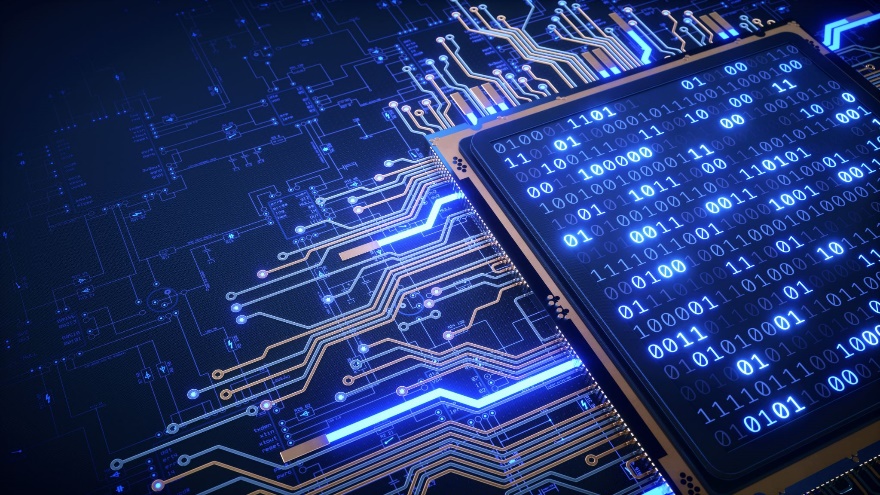The legal profession has undergone several changes in the recent years with the advent of technology. Although lawyers have increasingly come to rely on technology over the past decade, the use of technology in the law has always been dependent on the minds of human lawyers. Artificial Intelligence, however, aims to disrupt the legal community.
By the time this blog is published, most readers will have already seen the swam of articles touting Chat GPT as the revolutionary tool that will change the way we learn, write, read, and think. It’s ability to understand natural language and respond in a coherent and accurate manner is astonishing and a little off-putting for most. And while Chat GPT and other artificial intelligence bots may allow content creators, marketing professionals, and students to cut corners on assignments, the effect on the legal community is not likely to be as life altering as some suggest.
That’s not to say that artificial intelligence can’t be a useful tool for attorneys in crafting contracts and developing arguments for litigation. The legal world is already abound with technology that will propose alternative contract clauses and auto-fill legal templates for attorneys, making task management and proof-reading less cumbersome. But the difference between that technology and Chat GPT is that the former still requires a human legal mind to analyze the final product in light of recent legislation and case law. Rubber-stamped legal documents drafted by Chat GPT can’t offer such peace of mind, at least not yet.
Until technology provides us a way to ensure that every piece of information stored on the world wide web is true and accurate, information which Chat GPT and other A.I. sources rely on in crafting their written work, the chance for error is too high to place total confidence in a robot’s legal analysis and contract drafting abilities . In any event, even if we do get there at some point in the future, someone will need to write the laws and policies governing the use of artificial intelligence in the legal profession, and that someone is likely to be a lawyer.
“One of the most significant advantages of Chat GPT is its ability to learn and adapt to new contexts and domains. Unlike traditional chatbots, which require manual programming and updating, Chat GPT can continually improve its responses through exposure to new data and user interactions.” – Conan Mercer, “The Rise of Chat GPT: The Future of Conversational AI”



